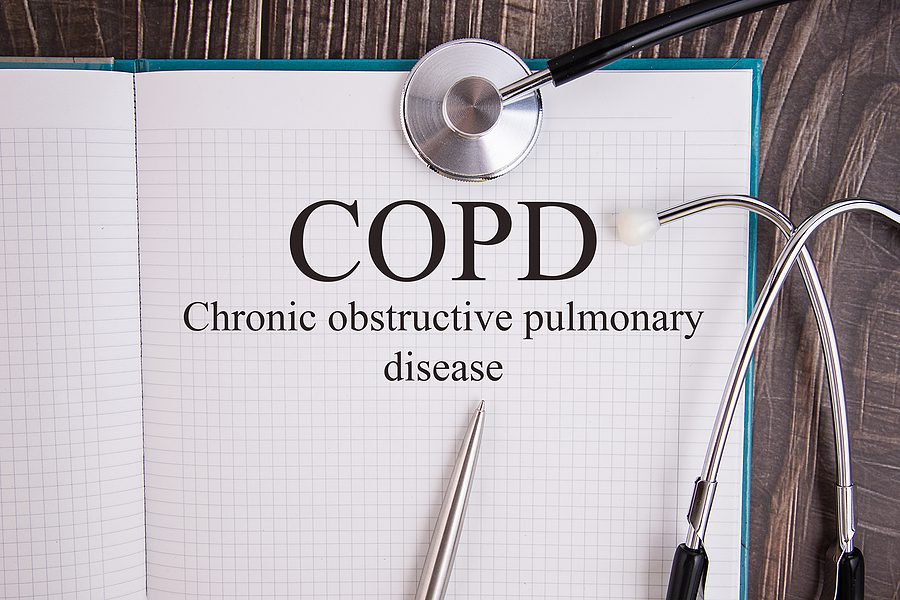Chronic Obstructive Pulmonary Disease, or COPD, is a group of inflammatory lung diseases that can affect one’s ability to breathe. This article will explore what it means to live with COPD, as well as how to better assist your loved one as they live with COPD.
What is COPD?
COPD is an umbrella term for certain chronic inflammatory conditions in the lungs. The most common of this group are emphysema and chronic bronchitis. Generally, individuals suffering from COPD are diagnosed with one or both of these. An estimated 30 million people in the USA have COPD, according to the COPD Foundation. Of that 30 million, roughly half are undiagnosed.
COPD affects the elasticity of cells in the lungs. Air sacs in the lungs expand and contract to fill with air. COPD causes these air sacs to lose elasticity, which can create pockets of trapped air in the lungs.
Symptoms
Early COPD symptoms can start off mild and can be mistaken at first for a cold. These may include occasional shortness of breath, recurring cough, and excessive phlegm. However, it can quickly become much worse. As your condition advances, it can lead to a whole host of issues. This may include chronic shortness of breath, chest tightness, wheezing, lack of energy, excessive mucus, frequent colds & flu, and frequent respiratory infections. Towards the later stages, these symptoms may advance to fatigue, excessive weight dropping, and swelling of extremities.
Causes
COPD is most often diagnosed in smokers and those who are often exposed to secondhand smoke. Those exposed to chemical fumes and smoke in their occupations, such as firefighters, can also be at higher risk. Those with asthma can also have a higher risk factor. Lastly, genetics can play a role in your risk levels.
Reducing the Risk of Developing COPD
There are a few ways you can reduce your risk of developing COPD. First, quit smoking if you are a smoker, and help loved ones who smoke quit too. If you are in an occupation that exposes you to harmful fumes and smoke, wear the proper safety gear correctly. Get the annual flu vaccination each year, as well as the regular pneumonia vaccine. These vaccinations will help lower your risk of developing infections. Speak with your doctor or primary care physician about your Chronic Obstructive Pulmonary Disease risk, and how you can improve your chances of not developing it.
Caring for a Loved One With COPD
When caring for an elderly loved one with COPD, there are a few ways that you can assist them. The best way to help them cope with Chronic Obstructive Pulmonary Disease is to help them stop smoking. Next, make sure that they regularly see their Pulmonologist, and that they take any medications prescribed to them. In severe cases, they may need pulmonary rehabilitation, oxygen therapy, or even lung surgery. Additionally, be on the lookout for signs of depression and anxiety, which can become more prevalent as the disease progresses.
Safe Harbor Healthcare Services does not provide medical, healthcare, or financial advice via articles. This material has been prepared for informational purposes only, and is not intended to provide, and should not be relied on for medical advice.
Safe Harbor Healthcare Services has been providing excellent home care on Staten Island since 1967. Our services help the elderly and disabled live safely and independently; while giving their families the peace of mind they need. For more information contact us by clicking here, or call (718)-979-6900.

